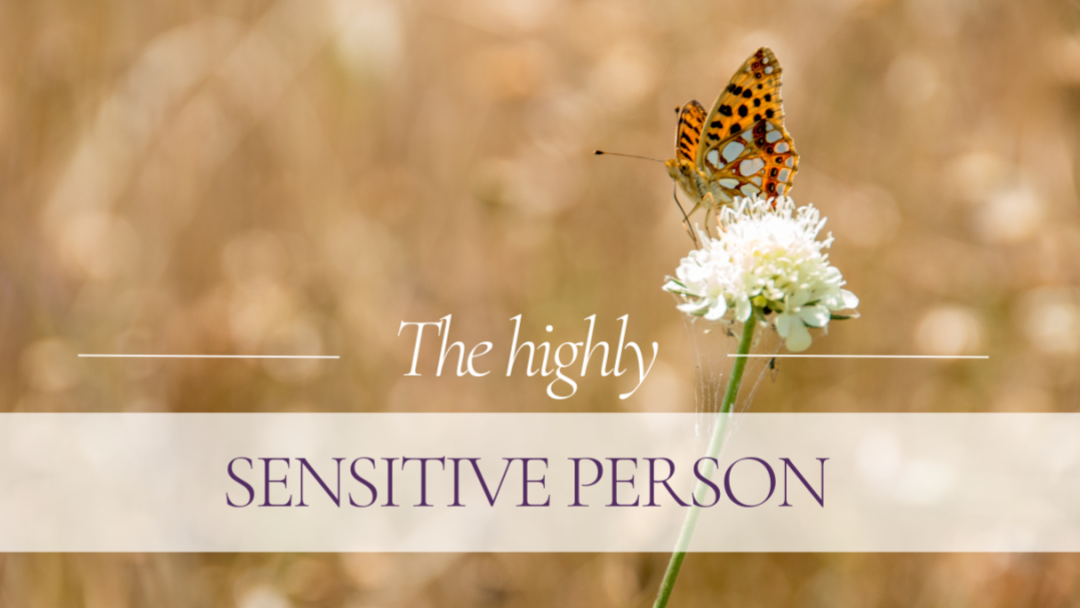The Highly Sensitive Person
I can hear my mother’s voice saying “when you were a baby, you vomited everything, you were so very sensitive.” She has told me many times over the last four decades of my life that I have always been highly sensitive. For my entire life I can recall the ways in which I have reflected deeply and noticed subtleties. As a young child, and still today, accessing empathy is quite easy for me (most of the time). Yet, I also can feel very agitated and out of place when exposed to high intensity social situations.
In a very general way, I always knew what my mother meant when she said I was sensitive. I often felt like I never had the bandwidth that the people around me had. I don’t have much capacity for big social gatherings, loud noises, violent films, or chaos. I have always noted how my capacity seemed so little compared to those around me.
In my early thirties I started hearing the term The Highly Sensitive Person, and the acronym HSP. But it wasn’t until more recently that I started to dive more deeply into understanding this trait.
I remembered someone telling me about a book called The Highly Sensitive Person. Written by Dr. Elaine Aron, a research and clinical psychologist. Dr Aron, along with her husband, have conducted and compiled research about this trait.
This research has revealed that high sensitivity exists within 15-20% of humans. It is also found across at least 100 species. From fruit flies, to horses, cats, birds, and dogs, among others.
In reading Dr Aron’s book, and other resources, I am comforted to learn some key things about this trait. A trait for so long I tried to evade, bulldoze over, and dishonor. I’m so glad I know today that being someone with high sensitivity is an incredible strength. It is inspiring to think about how HSPs can make a profound impact in the world. Through this very sensitivity, given the right environment and routines.
If you have an inkling that you or someone you love might be an HSP here are some things to know:
There is nothing wrong with you. This trait is normal. It is found in 15 to 20 percent of the population.
It is innate. Scientists have found this trait in over 100 species. From fruit flies, birds, and fish to dogs, cats, horses, and primates. This trait reflects a certain type of survival strategy, being observant before acting. The brains of highly sensitive people work differently than others’.
You are more aware than others of subtleties. This is because your brain processes information and reflects on details more deeply. In other words, you see more than others because you are noticing more.
You are easily overwhelmed. If you notice everything, you will naturally be overstimulated when things are too intense, complex, chaotic, or novel for a long time.
This trait is not new, but it is misunderstood. Because highly sensitive people will observe before entering new situations, they are often called shy. But shyness is a learned behavior, it is not innate. In fact, 30% of highly sensitive people are extroverts.
Sensitivity is valued differently based on cultural context. In cultures where it is not valued, highly sensitive people tend to have lower self-esteem. They are told often not to be so sensitive, as if it were a bad thing to be. In response, they often will feel abnormal. The above list is adapted from Dr Aron’s website here.
If you are highly sensitive, I hope these words help you feel less isolated and better understood. If you know someone who is highly sensitive, I hope this creates connection between you and the person you love.

